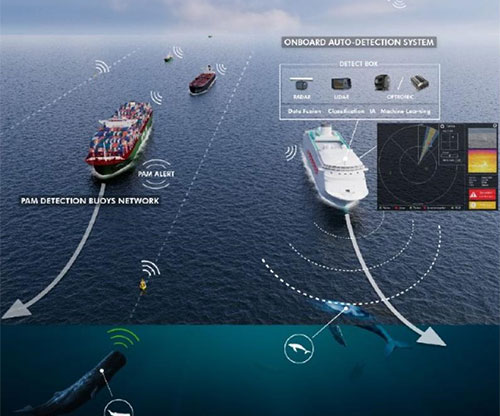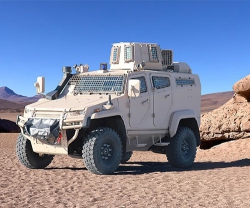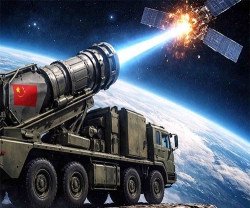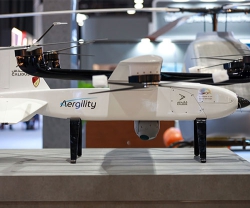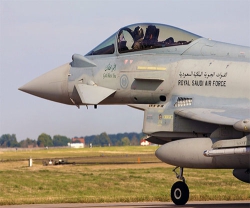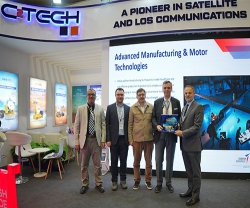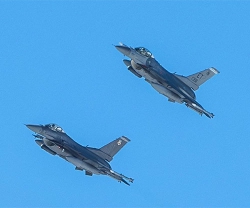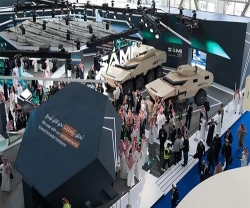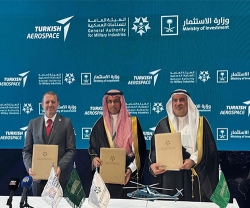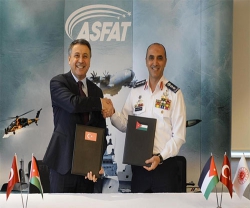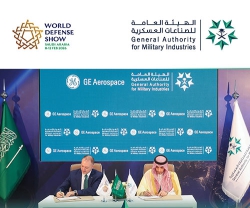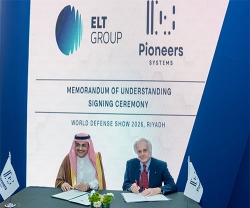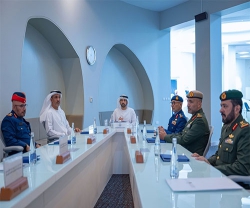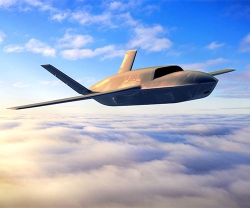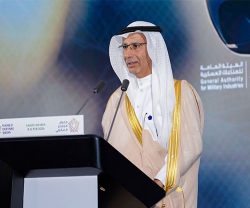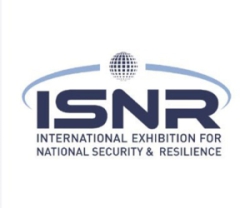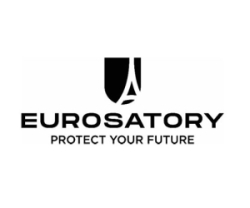As part of the LIFE programme financed by the European Union for environment and climate action, Naval Group has built and leads the SEADETECT project aimed at developing an automated detection system of marine mammals to prevent collisions between ships and cetaceans.
The LIFE programme is a financial instrument of the European Commission, dedicated to supporting innovative private and public projects in the fields of environment and climate.
This four-year project brings together ten partners from three European countries: Belgium, France and Italy. Naval Group’s commitment to this project is part of its desire to strengthen the environmental protection dynamic within its activities.
Dealing with the consequences of maritime traffic: an urgent need for biodiversity
Today, global economy is mainly based on maritime traffic which represents 80% of world trade in volume and 70% in value. This intense traffic involves a growing number of ships moving through the world’s seas and oceans, which increases the risk of collision with cetaceans.
Among the 80 cetacean species in the world, a quarter are considered "threatened" while 10% are classified as “endangered” (by IUCN red List Criteria). The implementation of solutions to protect them from the ever-increasing commercial maritime traffic is becoming an urgent matter for biodiversity.
Faced with this situation, Naval Group and its European partners are working together to develop a new solution that should enable vessels equipped with a SEADETECT box to reduce collisions with cetaceans by 80%.
SEADETECT - The New Automated Solution to Prevent Collisions
Collisions are often due to a combination of 3 factors: detection capability, the reaction time of the crew and the time needed to manoeuvre the ship, which depends on its size, its speed and the sea state.
The goal of SEADETECT is to provide a concrete and efficient solution to autonomously detect cetaceans but also obstacles or floating objects such as containers to prevent collisions with ships. Thanks to a high-performance data fusion and processing system, this solution will make it possible to detect in real time a 2-metre long object on the surface at a distance of 1km, by day and night, even in complex maritime conditions (strong sea states or bad weather conditions).
The project consists of three systems:
- A system installed on large vessels providing real-time alerts on deck about the detection of unidentified floating objects, especially marine mammals;
- A network of passive acoustic monitoring buoys that will detect and triangulate the position of cetaceans in real-time;
- A sharing detection software fed by the detections obtained to inform equipped vessels of collision risks.
To achieve this goal, Naval Group and its subsidiary Sirehna, as coordinators of the project, are making use of their experience in perception, monitoring and merging of data, artificial intelligence and asymmetric warfare.
The SEADETECT system will therefore offer a solution to reduce the increasing issue of collisions at sea, for the benefit of the environment, maritime safety and cetacean protection.
The project includes the following partners: France: Sirehna, NexVision, Quiet-Oceans, Greenov, Onera, Diades Marine, Bureau Veritas, La Méridionale, Naval Group; Belgium: Imec (Ghent University), Royal Belgian Institute of Natural Sciences; Italy: Tethys.
Naval Group is a partner to its customers' maritime sovereignty. An international player in naval defence and heir to French naval know-how, Naval Group develops innovative solutions to meet the needs of navies. Present throughout the entire life cycle of the ships, the group designs, builds, integrates and maintains submarines and surface ships, as well as their systems and equipment, through to dismantling. It also provides services for shipyards and naval bases. A high-tech company, it builds on its exceptional expertise, its unique design and production resources and its ability to set up strategic partnerships and successful transfers of technology.
With operations on five continents, the group has a turnover of 4.1 billion euros and employs 16028 people (full-time equivalents / December 2021 data).

